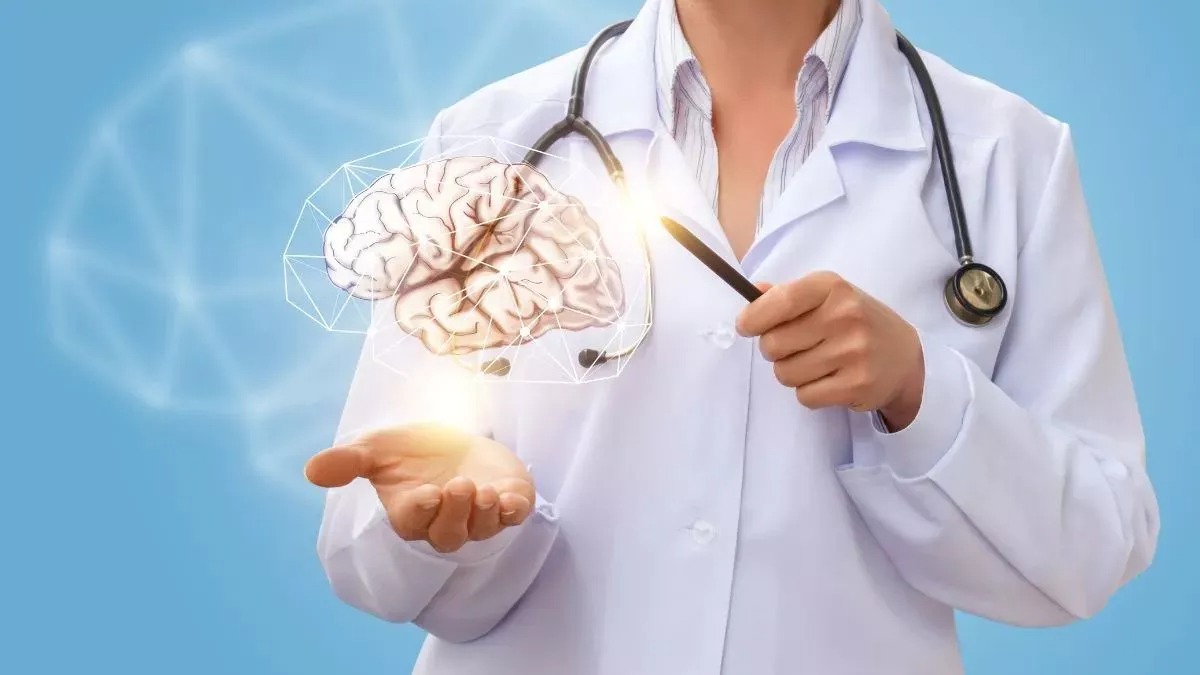
Till date we all have been reading and knowing that memory is related only to the brain. But a recent research has revealed that many other parts of the body also store memories. A research published in the journal Nature Communications has claimed that other cells of the body can also create memories. This study can change the treatment methods of memory-related diseases.
Researchers at New York University found that cells in different parts of the body also have the ability to store memories, indicating that learning takes place not just in the brain but also in other parts of the body. This means that our body's memory power is not limited to the brain.
Other sales also store memories
Lead author Nikolay V. Kukushkin of New York University said that other cells in the body can also learn and form memories. The researchers found that, like brain cells, non-brain cells also activate memory genes in response to new information. Like brain cells, other cells in the body also activate memory genes in response to new information.
study by researchers
When brain cells detect patterns in information, they activate memory genes. After this, they also connect with other cells to create new memories. To monitor the process of memories and learning in cells other than the brain, researchers have tried to find out through proteins whether the memory-forming genes are working or not.
Search done on two cells
To investigate this effect, NYU scientists studied two types of cells (one from nerve cells and one from kidneys). The team found that this process is similar to the process in the brain in which neurons become active when learning new things. The research also revealed that when cells learn with a little pause, they are able to work better.
A new direction will be found in health related matters
Nikolay V. Kukushkin says that this is the best example of mass-spaced effect. It shows that this ability to learn is not limited to brain cells, but it can be a general feature of all cells. This discovery will not only provide new ways to understand memory, but it can also provide new directions related to health.
New treatments will be discovered
He said that this discovery suggests that in the future we will need to understand our body like the brain. It is hoped that by studying the cells of the body, the processes of maintaining memory and learning can be understood better. New treatments will also emerge for this.
--Advertisement--

 Share
Share



